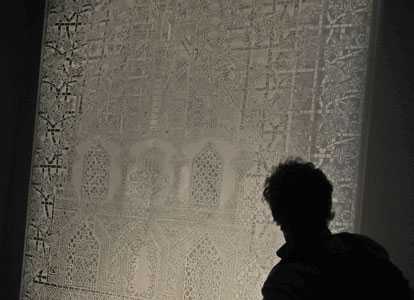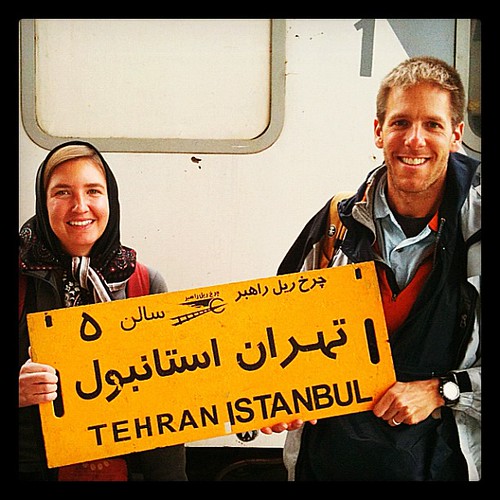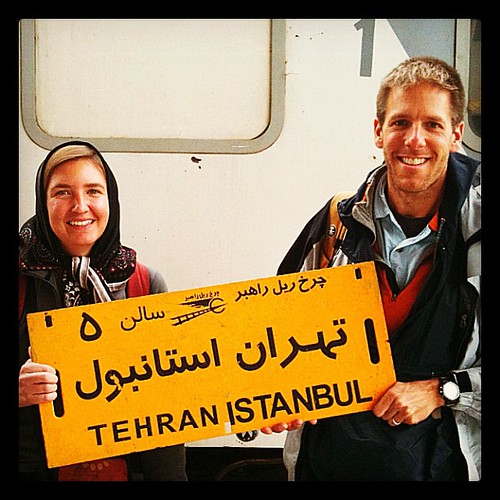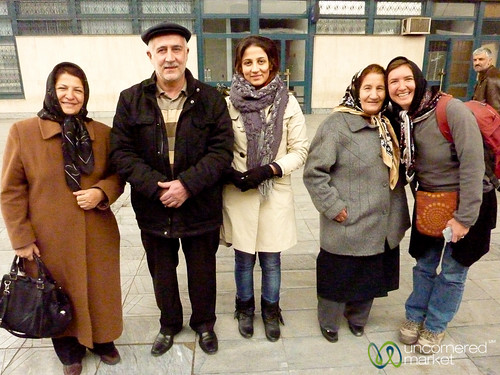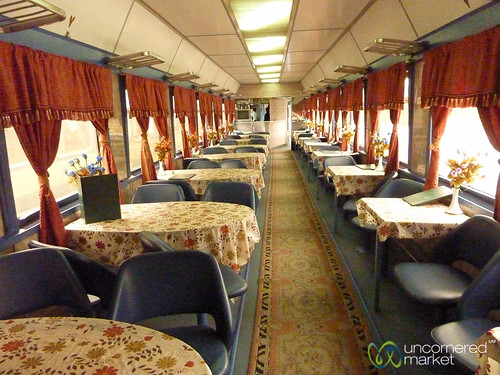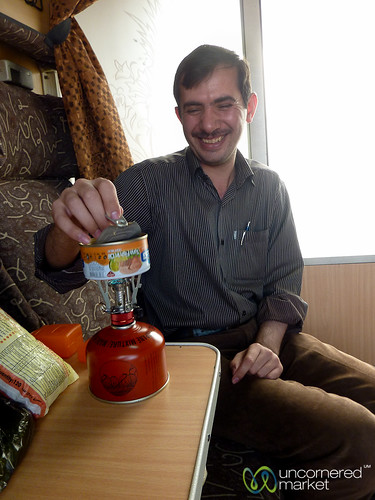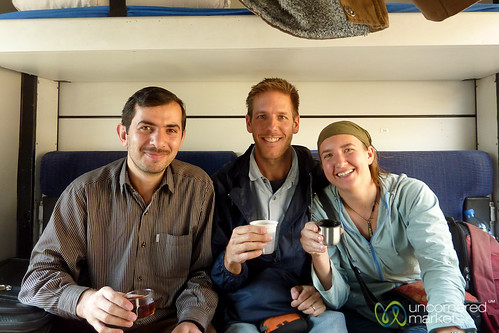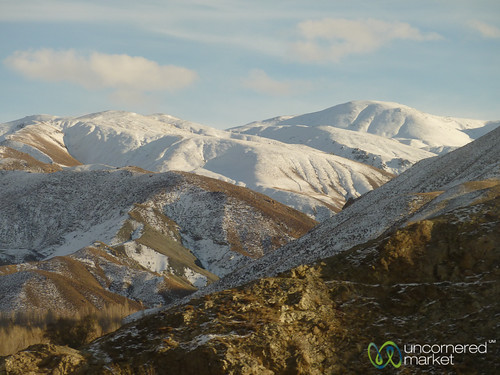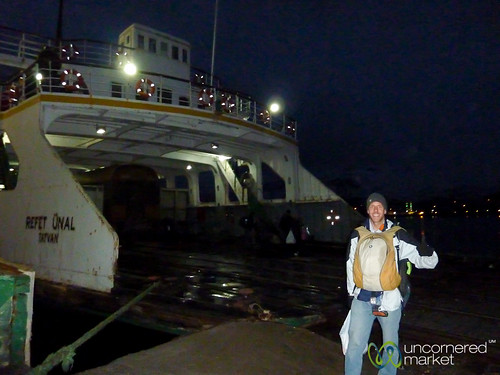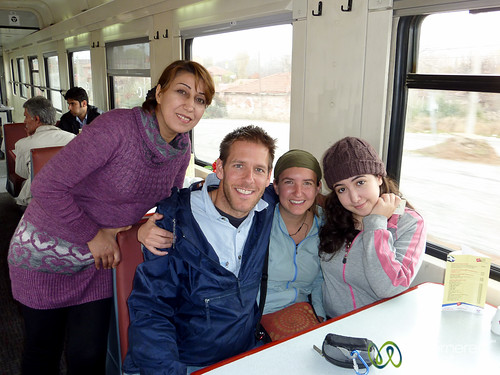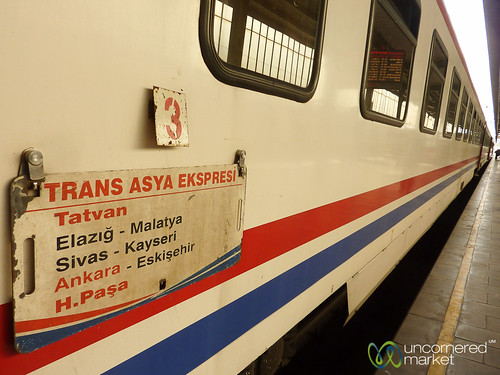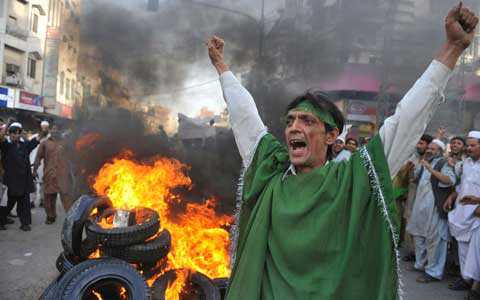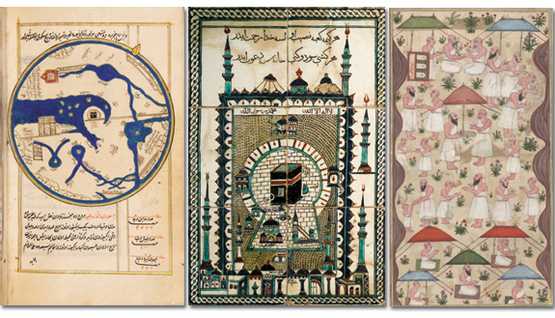LOS ANGELES, May 4, 2013 — Getting caught for trying to smuggle hash out of Turkey was the beginning of Billy Hayes’ new life. From that point on everything changed for him. He spent five years in a Turkish prison before finally escaping. He told his story in the book, Midnight Express, which was later turned into an Academy Award winning movie with a script by Oliver Stone. In this final installment of a three part interview, Billy discusses Marijuana legalization, what he has been up to lately and visiting Turkey again as a free man.
THIS IS PART THREE OF A THREE-PART INTERVIEW
SEE RELATED: Interview: Billy Hayes, author of Midnight Express (Part I)
KW: What is your stance on marijuana legalization in the United States?
BH: It should absolutely be legal everywhere. The insanity of the war is just, you know, we see the results. There’s human results. There’s economic results. I mean this whole subculture of violence and it corrupts the legal system. Prisons are overcrowded. Half the f**king people in the United States are in there for consensual crime. The insanity of that, the cost of that.
Take it from the conservative point of view, I mean I’m talking from a liberal point of view. Take it from the conservative point of view. You could save a lot of money. You could have taxes on all this. It should be legal. It’s only f**king expensive because it’s illegal. It’s only violent because it’s illegal. And that’s whoever gets involved. You know, personal little mom and pop stores, or the corporations, if they will.
I’d rather have half the corporations f**king us than guys blowing each other apart for drugs. That’s insane, the violence that’s involved in it. And I tell you, whatever you think about it, putting an 18, 19, 20 year old kid in prison for pot, trust me, that’s not a good thing for him. It’s not going to help any problem. So, I mean, it’s hypocritical more than anything else when you consider the biggest problem we have is alcohol, which sponsors every sporting event on TV. Cigarettes are sold everywhere.
SEE RELATED: Interview with author Billy Hayes (Part II)
The hypocrisy of putting people in prison for pot it’s becoming apparent. It’s an idea whose time has come. We see it slowly moving. Just while you and I are talking about it, there’s kids in prison doing hard f**king time. I can relate to time, it’s a very flexible thing. Guys in jail waiting for this idea’s time to come. There’s a vote here in California in two weeks, three weeks, whenever the election is. It’s been legalized in two states so far. People are changing. I think all drugs should be legal. That’s a whole other issue about freedom.
You want to talk about freedom? Peter McWilliams’ Ain’t Nobody’s Business If You Do, as long as I don’t harm you or your property, I should be free to do whatever I want without the threat of being imprisoned. That’s freedom. That’s that cowboy Ted Nugent a**hole bulls**t freedom. It’s an idea whose time is here, but, boy, that’s gonna take some pressure. There’s just not enough politicians with the balls to do it, but it’s happening. Things are happening.
KW: What do you fill your time with these days?
BH: I’ve been busy. I have a whole bunch of projects happening these days. I just came back from London, they did the Midnight Express ballet. That just blows my mind. That’s just so outrageous to think there’s been so many iterations of my story between the book and the film and Locked Up Abroad TV show and a ballet. I get all my New York friends are like, “F**kin ballet? What are you talkin’ about?” That’s been fun and good and. I also shot a small part in a film up in Birmingham, England while I was there, which was fun. I had to play a child molester, a rich billionaire American child molester with particularly interesting scenes.
So, I’ve been acting a bit, but mostly working on Letters. It’s a lot of work to self-publish. Back when I had Midnight Express come out, I had E.P. Dutton. They did all the work! They did everything! Once I got the book written, it was give it to them and it off it went. They just set up everything and told me where to go and who to do and, of course, they took all the money, but they made it easier. I love self-publishing because you don’t have to listen to anybody. Do what you like and then you have to promote it. It’s hard, it’s very hard.
KW: There is a line in the movie, Airplane!, asking
BH: “Son, have you ever been in a Turkish prison?” [laughs] I’ve got a whole list of those. I’ve got like ten of those.
KW: Do you feel that line was directly influenced by your book?
BH: Absolutely, it did! And aside from that there’s Jim Carrey in Cable Guy. He gets busted and he presses his chest against the window to mock a scene from the movie and from the book, you remember. The part where Lillian presses her t**s against the window, shows them to him. Family Guy cartoon, the dog gets busted and put in prison. The dog presses his t**s against the window. I’m watching Entourage one night and Vinnie’s in the elevator. He’s coming down to do a drug test and he’s sweating and chewing gum. His buddy, Billy, says, “You see Midnight Express? He was sweating. You see what happened to him?” I’m watching Entourage and I hear this.
They used to have a Midnight Express Packing in London. They also had a Midnight Express tour bus that went from London to Amsterdam and back and smoked hash both ways. That one I love. I drive around town, I see Midnight Express courier service. I always wave at the drivers. They look at me like, “The f**k you waving at?” It’s so bizarre to me how many ways it has seeped into the culture. Seinfeld! I saw aSeinfeld where Jerry turns to George and says, “Midnight express, my friend.” It’s crazy, it’s just crazy.
KW: Have you been back to Turkey since the Interpol warrant was lifted?
BH: I went back to Turkey and I, literally, had the Turkish police surrounding me for four days, watching out for me though. That was really bizarre. I went back about five years ago at the request of the Turkish police. Pretty amazing. I got to sort of reconnect with Turkey, which is good. I had a whole nation of people that hated me, mostly for that speech we talked about, that speech in the movie that cursed them out so bad. When they heard what I actually said, we made some connections and stuff. It sort of healed something.
In truth, that was my problem with the movie. It made Turkey look so bad and there were no good Turks in the movie and everybody were bad guys. That’s just not true. It wasn’t true of my experience or of Turkey. I loved Istanbul. I made three trips there. I spent a lot of time in Istanbul. I didn’t like the prison, didn’t like the guards, don’t like the legal system, but that would probably be true anywhere you were stupid enough to get caught smuggling whatever.
KW: Is there anything else you want people to know about you?
BH: I’m the happiest guy I know. I really appreciate being alive. Everybody should. It’s a magical moment, man, and I appreciate it all.
Midnight Express was rereleased in March 2013 along with a new book from Billy Hayes titled, The Midnight Express Letters: From a Turkish Prison.
Kevin J. Wells writes about Major League Baseball and punk rock music. Follow him on Twitter @WellsOnBaseball
Read more: http://communities.washingtontimes.com/neighborhood/written-word/2013/may/4/billy-hayes-interview-part-iii/#ixzz2ZDlpWC00
Follow us: @wtcommunities on Twitter

